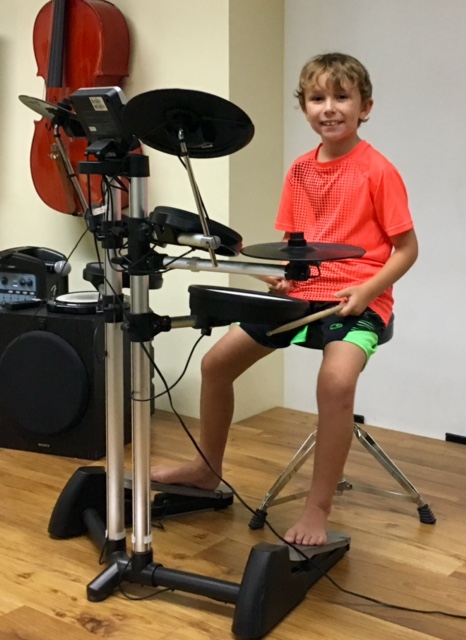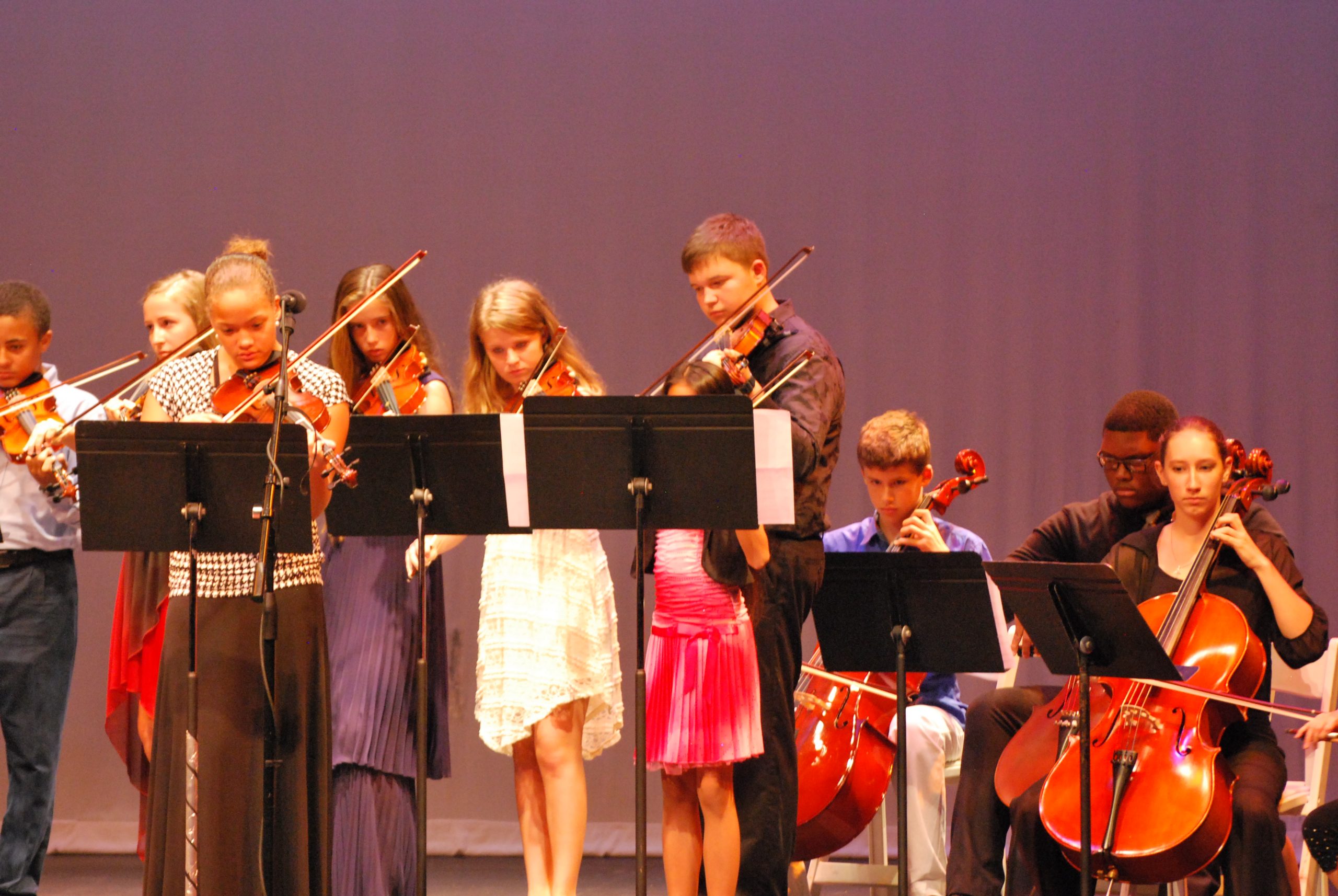Why Learn?
Why Learn?
Why Learn?
Why Learn?
Why Learn?
It is never too late to learn an instrument. Whether you are as young beginner student or an adult who has the urge to make music, but never had lessons as a child, learning an instrument can be so much fun!
Personal Achievement
Studying music and drama enables students to acquire a valuable skill that brings immense personal satisfaction and pride throughout their life. Learning a new skill is a great deal of fun but is also hard work. Everyone is different but we all share a common sense of satisfaction and personal achievement from studying music and drama.
Increased Self Confidence
Studying music and drama presents opportunities to nurture self-confidence through many individual and group performance opportunities each year. Performing to small and large audiences has a huge impact on a child’s confidence. Presentation and communication skills are one of the top employability skills desired by employers.
Improved Performance
Studying an instrument instils self-discipline, critical thinking and dedication at a young age which can set the stage for success academically and in future careers. Multiple research studies have shown that many students who achieve success in music go on to become high performers academically. Students who learn an instrument in their school years develop self-esteem and critical thinking skills. It also teaches discipline, achievement and is a huge stress reliever.
A lasting pleasure
Music is a skill that, once learnt, will be with our students for the rest of our lives. Just like learning to ride a bike, you never forget how to play. Many top fortune 100 CEOs and entrepreneurs are musicians and still play today to escape the pressures of their high-flying careers.
Social Growth
One part of being a musician and performing arts student that brings great pleasure to many young people is the social bonds that are formed. To meet and collaborate with students from other schools across the island, with similar tastes, is always enjoyable. It’s like belonging to a youth club, only better because working on a common task – like preparing for a concert/show or entering a competition – it brings them all together so much more.
It develops time management skills and a strong work ethic
Learning an instrument is good for your brain, body, and soul! Reading notes involves having to focus on timing, rhythm, counting and keeping the beat. It is a great sport for your brain and will keep your mind active throughout your life. It really does take a lot of discipline and organization to remember when your lesson is each week, remember to take your instrument and music to school, to set aside time in each busy day to practice, and to organize that practice time in a useful and productive way. The self-discipline and organizational skills required to learn an instrument will help in every facet of school life and children are far more likely to become a better student as a result.
So, what are you waiting for? It is never too late to learn an instrument and develop skills that carry forward into the workplace!



